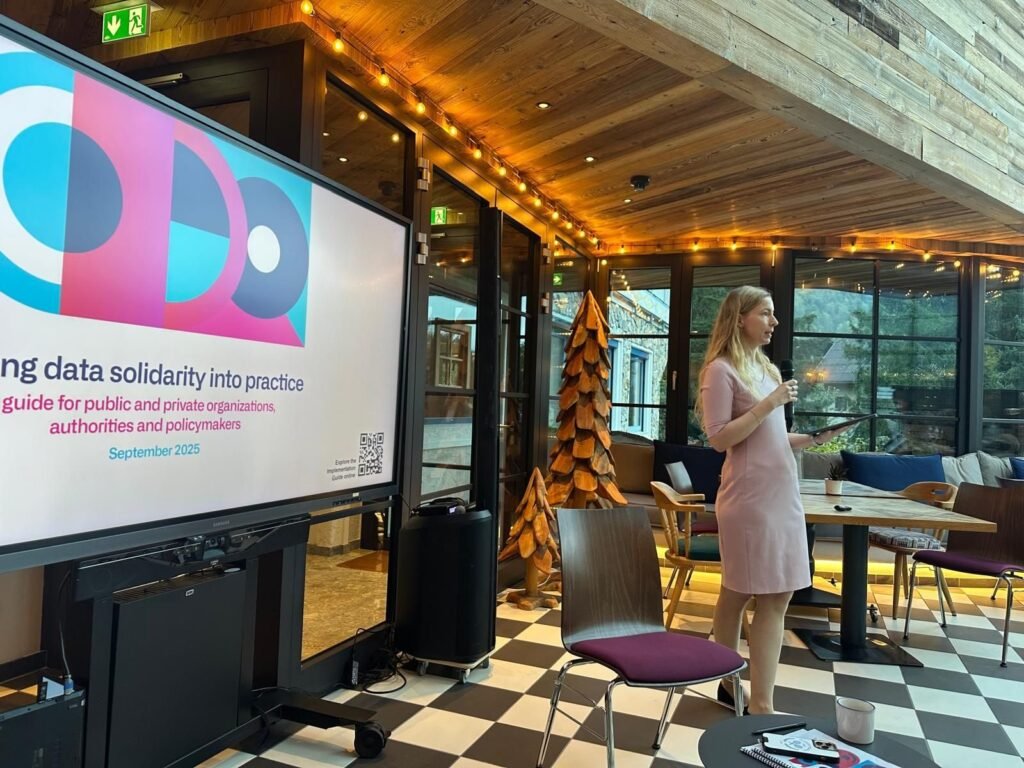
The digital transformation of health systems has brought enormous potential, but also deep inequities. Today, the risks and benefits of digital practices are not distributed fairly. Vast power asymmetries shape who controls, accesses, and benefits from health data, both regionally and globally. Digital Transformations for Health Lab (DTH-Lab) is working in partnership with the University of Vienna to advance the principles of data solidarity as a means of strengthening collective control, oversight and ownership of data and digital resources, while respecting individual autonomy.
Data solidarity offers a new approach to data governance strengthening collective control, oversight and ownership of data and digital resources, while respecting individual autonomy. Its goal is to ensure that the benefits and risks emerging from digital practices are shared more equitably across societies.
The Lancet and Financial Times Commission on Governing Health Futures 2030 recommended a solidarity-based approach to the collection and use of health data. Since May 2024, DTH-Lab and the Data Solidarity Team at the University of Vienna have championed the principles of data solidarity, highlighting health as a key sector for maximizing the public value of data while mitigating harms associated with health data use. This work is led by Barbara Prainsack, Professor in the Department of Political Science and Director of the interdisciplinary research platform Governance of Digital Practices.
The project’s latest milestone, the Data Solidarity Implementation Guide, turns the principles of solidarity into practical action. Designed for policymakers, businesses and civil society organizations, the guide provides tools to put fairness and public value at the centre of data use. It presents the key concepts of data solidarity – ensuring benefits are shared and harms reduced – and of public value, the broader social good that data use can generate.
Launched at the European Health Forum Gastein in October, the guide offers actionable recommendations and a step-by-step framework for implementing solidarity-based data governance at every level. It includes tailored strategies for local policymakers, national governments, private sector actors and non-profit organizations, helping them navigate complex digital landscapes with fairness and accountability.

A key feature of the guide is the PLUTO (Public VaLUe Assessment TOol) – a structured method for evaluating the public value of data use. PLUTO enables decision-makers to assess whether data practices contribute positively to society, balancing innovation with ethical responsibility.
As health systems increasingly rely on data to drive decisions, the principles of data solidarity provide a vital foundation for ensuring that digital progress serves everyone – not just a few. By embedding fairness, transparency and shared benefit into how data is governed, the health sector can lead the way toward a more equitable digital future.
Photo Credits: All photo courtesy of European Health Forum Gastein/Framez.